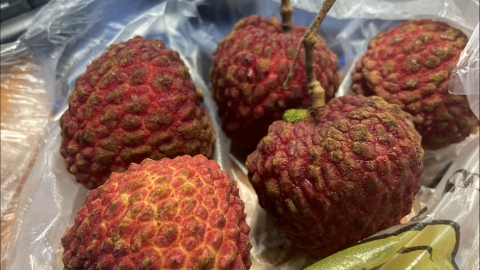Can patients with hepatic ascites eat lychee?
Ascites due to liver cirrhosis: whether patients can eat lychee depends on their liver function status and blood potassium levels. Patients with stable liver function and normal blood potassium may consume small amounts, while those with impaired liver function or elevated blood potassium should avoid it. If in doubt, consult a physician beforehand. Detailed analysis is as follows:

If liver cirrhosis with ascites is in the stable phase, with Child-Pugh classification A or B and blood potassium levels within the normal range, small amounts of lychee may be consumed. Consume 3–5 lychees per time; lychees are rich in glucose, which can provide energy, and vitamin C, which helps boost immunity. When consuming lychees, they should be counted toward the daily fluid intake to avoid increasing the fluid burden on ascites patients.
When patients with liver cirrhosis and ascites have severely impaired liver function (Child-Pugh classification C) or hyperkalemia, lychees should not be consumed. Lychees have a relatively high potassium content, which can further elevate blood potassium levels after consumption, potentially causing serious consequences such as arrhythmia. Additionally, for patients with severe gastrointestinal dysfunction, such as significant abdominal distension, nausea, and vomiting, the sugar content in lychees may increase the gastrointestinal burden, and consumption should be avoided in such cases.
Patients with liver cirrhosis and ascites should follow a diet that is low in salt and potassium and easily digestible, and undergo regular follow-up examinations to help maintain stable condition.








